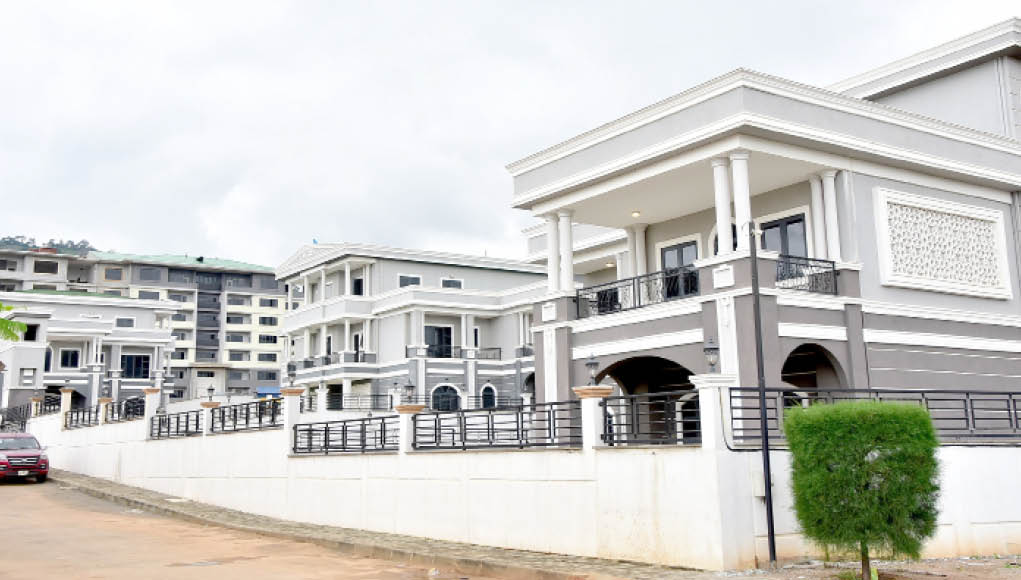Debate is intensifying across Nigeria following moves by some states to outlaw the activities of housing and land agents, amid longstanding complaints about exploitation in the rental market.
For years, many Nigerians have accused agents of inflating costs, charging excessive inspection fees, and creating artificial hikes in rents. Critics argue that these practices have worsened the already difficult housing situation in cities like Abuja, Lagos, and parts of the Southeast and South-South.
In Ebonyi, Plateau, and Lagos states, authorities have begun tightening regulations. The Ebonyi State Government recently announced that from January 2026, it will prohibit agents from collecting money for housing or land transactions. Governor Francis Ogbonna Nwifuru said the measure is aimed at ending what he described as exploitation of desperate house seekers. He noted that some agents were charging as much as ₦500,000 for properties they did not own. The governor confirmed that a Rent Regulation Bill is already before the State Assembly, with consultations underway to involve landlords, tenants, and agents.
Plateau State has also passed legislation banning agent-led practices, with lawmakers insisting the new law will bring fairness to rental transactions. In Lagos, the state government has reiterated that all real estate practitioners must be registered with the Lagos State Real Estate Regulatory Authority (LASRERA). Failure to comply, it warned, would attract sanctions.
Reactions to the proposed bans have been divided. Some tenants welcomed the development, arguing that agents exploit vulnerable Nigerians by charging unauthorized fees and inflating rents. A tenant in Abuja, Basil Okafor, said removing agents would help tenants deal directly with landlords.
But others caution against a blanket ban. A trader, Bawa Kaka, stressed that many landlords are inaccessible without intermediaries, and warned that sidelining agents could drive some into social vices. He suggested creating a legal framework to regulate and separate credible agents from exploitative ones.
Agents themselves have defended their work, saying they provide valuable services in connecting landlords and tenants. Some argued that high inflation and rising demand for housing are the real drivers of escalating rents, not agency fees. An agent in Abakaliki pointed out that rents for one-room apartments in the city have doubled since early 2025, blaming economic pressures rather than the activities of middlemen.
Industry observers say the debate underscores the urgent need for a national legal framework to regulate real estate practice. Currently, Lagos remains the only state with a clear law governing the sector, leaving most of the country without formal oversight.




